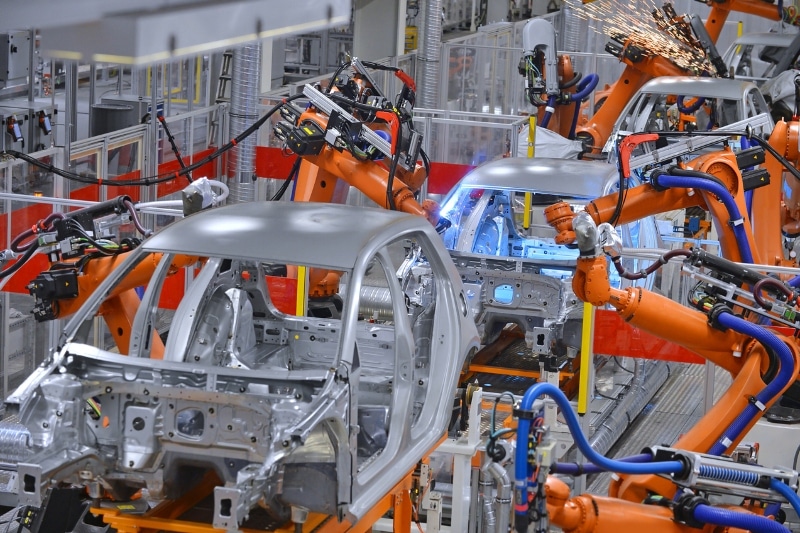Reuters has recently reported that leading auto manufacturers from Japan have plans to invest THB 150 billion (USD 4.34 billion) in Thailand over the next five years, propelling the Southeast Asian country’s transition to electric vehicles production.
Specifically, Toyota Motor and Honda Motor will invest about THB 50 billion (USD 1.4 billion) each, while Isuzu Motors will invest THB 30 billion (USD 860 million) and Mitsubishi Motors 20 billion THB (USD 570 million).
Thailand is Southeast Asia’s second-largest economy, and currently ranks as the largest car producer and exporter in the region. Japanese manufacturers have dominated the Thai auto sector for decades, but Chinese EV makers have recently invested heavily.
The investment by the Japanese automakers will support the government’s policy of transitioning from combustion engine vehicles to EVs. In effect, Thailand is aiming to convert about a third of its annual production of 2.5 million vehicles into EVs by 2030 and is planning further incentives to encourage more investment and conversion into EV manufacturing.
Tax cuts and subsidies rolled out by Thailand have already drawn several Chinese carmakers, such as BYD and Great Wall Motor, which have committed to investing USD 1.44 billion in new production facilities in the country.
(Source: Reuters)

